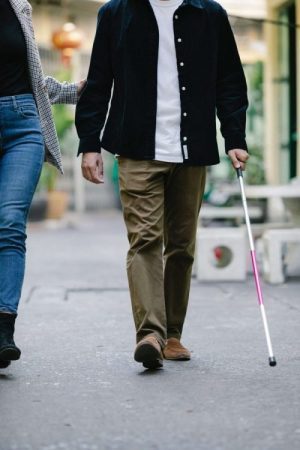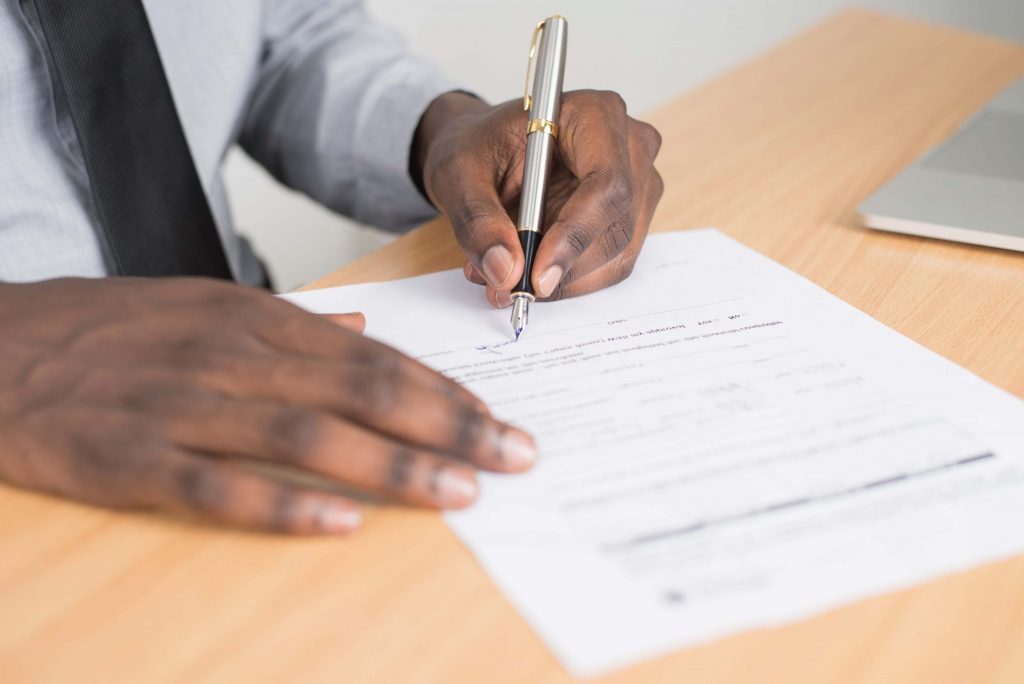How much is pip for terminally ill?
If you are terminally ill, you should receive the highest rate of PIP.

What is the Personal Independence Payment (PIP)? What are the rates? How can I claim this benefit if I am disabled? PIP is a benefit you may get if you have a disability. This Your Benefits article will walk you through all you need to know about Personal Independence Payment (PIP).
Personal Independence Payment (PIP) is a benefit for people that have both:
In order to be eligible for Personal Independence Payment (PIP), all of the following must apply to your situation, you:
If your child was already earning the Disability Living Allowance (DLA), they should receive a letter:
Personal Independence Payment will then be replacing Disability Living Allowance (DLA) for your child.
If you are above State Pension age, not to worry! You can then apply for Attendance Allowance (AA). If you have received Personal Independence Payment before, you can still send a new claim, in the case that you were eligible for PIP the year before you reached State Pension age.
What about if you receive other benefits? You can still receive PIP while getting any other benefits, apart from Armed Forces Independence Payment. If you are a recipient of Constant Attendance Payment, you will not get as much of the daily living component of the Personal Independence Payment.
You will not be eligible to get the mobility component of PIP if you already receive War Pensioners’ Mobility Supplement. Lastly, savings and income from work do not dictate if you are able to receive Personal Independence Payment or not.
They are for:
You can earn one or both depending on your type of disability, and how difficult it is for you to move around or achieve day-to-day tasks.
| Personal Independence Payment (PIP) amounts per component and rate in 2022 | ||
|---|---|---|
| Lower weekly rate (minimum payment) | Higher weekly rate (maximum payment) | |
| Daily living part | £60.00 | £89.60 |
| Mobility part | £23.70 | £62.55 |
Additionally, you can earn PIP regardless of employment. The same answer applies if you have savings or are getting most other benefits. You can receive PIP on top of other benefits. Note that the amount you get is in no way affected by your savings or income.
You might qualify for the daily living part of the PIP if you need help with the following:

If you receive the daily living component, you might also qualify for Disabled Persons Railcard. Additionally, you will not get as much of the daily living component of Personal Independence Payment if you receive Constant Attendance Allowance.
You might qualify for the mobility part of the PIP if you need help with the following:
A physical disability is not required for earning the mobility part of the PIP. Cognitive or mental health conditions, like anxiety, can also make you eligible.
If you receive the mobility component, you might also qualify for the following benefits:
In order to receive Personal Independence Payment, you most often need to:
You might be entitled to receiving PIP sooner if you recently returned from having lived in theEU, Switzerland, Norway, Iceland or Liechtenstein. If you currently live in those areas, you can apply for PIP. However, you will only be eligible for receiving help with daily living tasks.
Additionally, if you are coming from these areas into the UK and wish to apply for PIP, you need an additional procedure.
If you currently reside in Northern Ireland, the ways in which to apply for PIP might differ. If you live abroad but either work in the Armed Forces or are a family member of someone who does, you might still be eligible for PIP.
Furthermore, if you are not a British citizen, you might still be able to apply. The following must apply to you:
If you are a refugee or benefit from humanitarian protection status, you might still be eligible for Personal Independence Payment.
Consult the “Daily Living Component” and “Mobility Component” sections above to find out what benefits you can receive if you qualify for each.
If you qualify for either the daily living or mobility component of the Personal Independence Payment, you qualify for a Disabled Persons Railcard. You might also be eligible for a Council Tax discount or discount on local bus travel. Contact your local council to learn more.
You may also receive a disability premium if you are paid the following:
You may be eligible for the disability element of the Working Tax Credit. Additionally, you will not get the mobility part of Personal Independence Payment if you receive War Pensioner’s Mobility Supplement.
Once your child turns 16 and they currently were paid Disability Living Allowance (DLA), they will no longer be eligible for it. As such, they will need to apply for the Personal Independence Payment (PIP). However, they should receive a letter with instructions on how to do so.
They will need to apply for PIP by the date given in the letter. If they do not, their DLA payments will stop. If they do, they will continue to receive DLA payments until their claim is reviewed.
You may want to claim PIP and are over 16. Then, you will need to do so in 3 steps:
When calling the “PIP new claims” line, you will need to following information, your:

You will have a month to return the form sent to you after the call (with supporting documents if necessary). If more information is needed, you might need to go to an assessment with a health professional to examine your condition. If so, you will receive a letter citing where and why you need to do so.
Once a decision is made, if you are eligible, you will receive a letter with the decision, and if positive, the date of your first PIP payment. If you disagree with a decision, you can ask for a “mandatory reconsideration”.
If you are terminally ill, after calling the PIP claim line, you must ask a doctor or healthcare professional for form DS1500. They will fill it out, and either send the form themselves or give it to you. In this case, send it directly to the Department for Work and Pensions.
If you are terminally ill, you should receive the highest rate of PIP.
Special educational needs and disability (SEND) in 2022
Disability rights in 2022 for employment, education and police
Adult Disability Payment: how much it is and how to get it in 2022
Blind Person’s Allowance 2022: how to get this benefit
UK Incapacity Benefit in 2022: a complete guide
Pip for depression and anxiety in 2022
PIP Daily Living component: rates and points in 2022
PIP mobility component in 2022: everything you need to know
Registered Blind in 2022: the benefits you’re entitled to
Disabled Persons Railcard 2022: what you need to know
Our algorithm calculates which grants you are eligible to apply for.
Simulate your benefits
My son was rundown by a car last year and has been left with a titanium plate and brain damage, he can move and talk after been in Goole rehab Unit but now has seizure’s (delayed epilepsy). he also has anxiety and cannot go out or be left on his own in case he has an episode. He is now twenty-two and does not leave the house unless either myself or his mother is with him and he has to be back before the lights go on as these set his epilepsy off. would he qualify for both daily living and mobility as he is unable to use any form of public transport as he doesn’t cope with other people around him, and noise effects him!
Hello,
Considering the circumstances, I think he would qualify for the high rate for both components.
Hope this helps,
Robin
Ive been changed from disability living allowance and been put on pip does this affect my disability car? Will pip take the payment for the car out of my payments
Thank you
Hello,
No, I do not believe so.
Hope this helps,
Robin
You made some good points there. I did a search on the matter and found most people will agree with your blog.
Hello,
Glad that you found this useful.
Have a good day,
Robin
can i clamr pip as i have leukaemia
Hello Mrs. Hefferin,
Yes, you can claim PIP if you have leukaemia. You are likely eligible.
Have a good day,
Robin
MY WIFE IS A FILIPINO AND HAS JUST RECIEVED HER PERMENENT LEAVE TO REMAIN STATUS, 11 YEAYS AGO SHE SUFFERED A MAJOR STROKE LEAVING HER DISABLED, SHE HAS BEEN TRYING TO GET A PIP CLAIMS FORM BUT HAS BEEN TOLD SHE MUST HAVE A NATIONAL INSURANCE NUMBER YET WHEN YOU GO TO THE NATIONAL INSURANCE APLICATION SITE IT STATES DO NOT APPLY IF YOU ARE UNABLE TO LOOK FOR WORK,
Can you please tell me what she is supposed to do
Hello George,
That is strange, as typically, you should be able to apply without a National Insurance number. I would recommend calling the Disability Service Centre on +44 191 218 7766 (this is the number for calling from abroad to make a new claim).
Hope this helps,
Robin